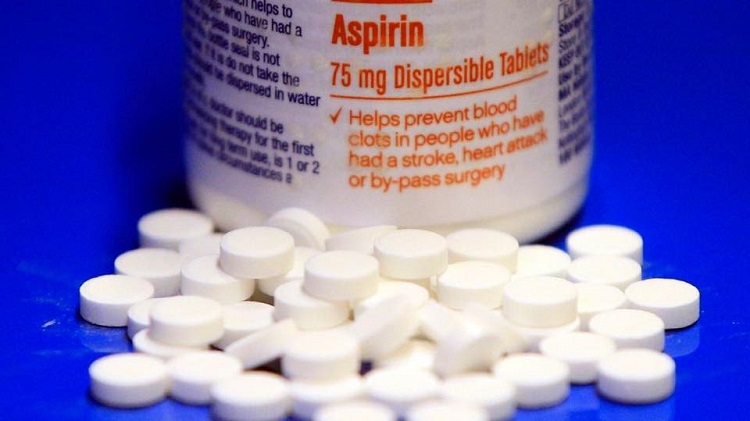A new study suggests that a daily aspirin will not necessarily lower the risk of heart attacks or death in healthy older individuals. It is rather expected to increase their risk of internal bleeding.
SBS reports that the major Australian-American study involved more than 19,000 people aged over 70. It showed that taking even a low dose (100mg) of aspirin on a daily basis would not result in a prolonged life, let alone prevent the chances of disability. This is the complete opposite of common beliefs stating that pills could help healthy seniors extend their life a bit longer.
Three papers were reportedly published in the New England Journal of Medicine on Monday, all of which revealed the result of the study which took seven years to make. Researchers believe that it could help in the rethinking of a global guideline about the use of aspirin in preventing common conditions mostly associated with aging.
Though, the clinical trial did not include people who opt for the drug due to medical reasons medically advised by their respective doctor. This also refers to those who have already suffered a heart attack or stroke.
The study instead heavily focused on answering the question of whether aspirin could reduce the risk of healthy seniors who suffer from their first heart attack or stroke. The same thing can be said for those who are losing their good health.
"If you don't need it, don't take it," lead author Professor John McNeil while saying that the results are clear.
The randomized, double-blind trial, which is called ASPREE, was conducted by Monash University in Australia and the Berman Centre for Outcomes and Clinical Research in the United States, Mirror reports.
By using GPs, researchers were able to recruit 16,703 and 241 older people in Australia and the United States, respectively. Approximately 9500 of them were in both the aspirin and the placebo group.
The participants were asked to take a daily low-dose of aspirin every day for about five years. Researchers, on the other hand, kept monitoring their health and the possibility of disability, disease, or even death.
They found out that there was an increase in the number of cases of serious internal bleeding among the aspirin takers (3.8 percent) compared to the placebo group (2.8 percent).
"There was more bleeding, particularly from the stomach and upper gastrointestinal tract," Prof McNeil told AAP.
The study also showed slightly higher rates of death in those taking aspirin, primarily from cancer, although the results were not statistically significant.






